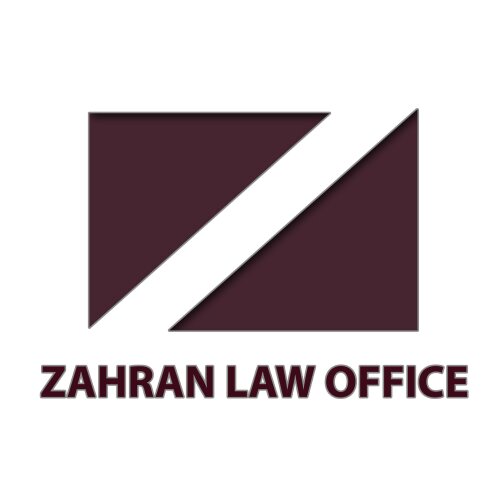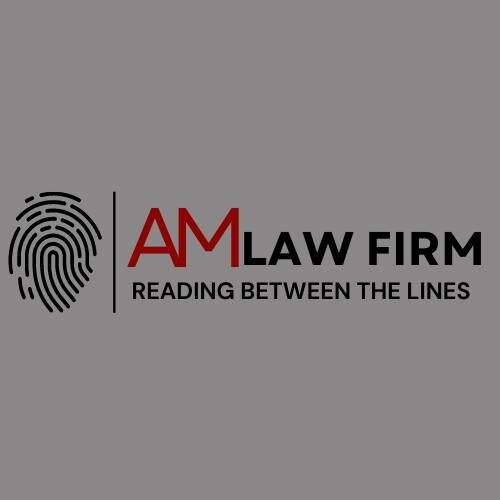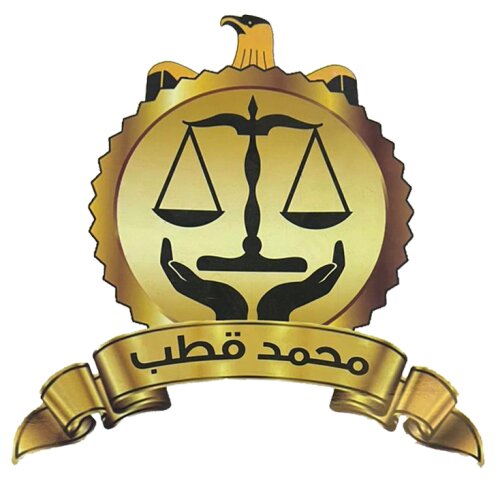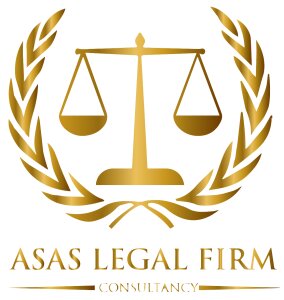Best Lawsuits & Disputes Lawyers in Egypt
Share your needs with us, get contacted by law firms.
Free. Takes 2 min.
Or refine your search by selecting a city:
List of the best lawyers in Egypt
About Lawsuits & Disputes Law in Egypt
The legal system in Egypt is rooted in a complex tradition that blends Islamic law with the principles of civil law. Lawsuits and disputes in Egypt may arise from various areas, including contractual disagreements, property disputes, and family matters. The Egyptian judiciary is structured with distinct their-tier courts: Courts of First Instance, Courts of Appeal, and the Court of Cassation. Dispute resolution is not limited to litigation; alternative methods such as arbitration and mediation are also commonly used.
Why You May Need a Lawyer
Legal disputes can be intricate and stressful, escalating over time if not properly addressed. Common situations warranting legal assistance in Egypt include:
- Handling breach of contract allegations.
- Resolving property disputes, including inheritance matters.
- Settling family law issues, such as divorce or custody cases.
- Addressing labor disputes with employers or employees.
- Filing or defending civil or commercial lawsuits.
- Representation in arbitration or mediation processes.
In each of these instances, a lawyer can help navigate the complexities of Egyptian law, protect your rights, and work towards an equitable resolution.
Local Laws Overview
Several key aspects of local laws in Egypt are especially relevant to lawsuits and disputes:
- Civil Code: Governs civil obligations and rights, focusing on contracts, torts, and property rights.
- Law of Arbitration: Offers an alternative to litigation for resolving commercial disputes, often favored for its efficiency.
- Family Law: Involves personal status matters for Muslim communities using Sharia principles, while the personal status of non-Muslims may follow their religious laws.
- Labor Law: Dictates employer-employee relations, including contracts, working conditions, and dispute settlements.
- Judicial System: Consists of secular and religious courts, with specialized circuits for commercial, civil, and family matters.
Understanding these aspects can provide a clearer picture of how disputes might be resolved in the Egyptian legal context.
Frequently Asked Questions
1. What should I do if I want to file a lawsuit in Egypt?
You should consult with a qualified lawyer to assess the merits of your case, gather necessary documentation, and file the appropriate legal motions.
2. How long does it typically take for a court case to be resolved?
Typically, litigation can take several months to years depending on the complexity of the case and the jurisdiction. Appeals can prolong this timeframe.
3. Are there alternatives to going to court?
Yes, arbitration and mediation are common alternatives that can be faster and less costly.
4. Can I represent myself in a lawsuit?
While it is legally permissible, self-representation is generally not advised due to the complexity of legal proceedings.
5. What costs should I expect in a legal dispute?
Costs may include attorney fees, court fees, and additional costs for expert witnesses or documentation.
6. How are attorney fees structured in Egypt?
Attorney fees can be hourly, flat rate, or contingency-based, depending on the lawyer and case type.
7. What is the role of evidence in a lawsuit?
Evidence is crucial; it supports claims or defenses, affecting the outcome of the case significantly.
8. How enforceable are arbitration awards in Egypt?
Arbitration awards are generally enforceable in Egypt, aligned with international arbitration laws.
9. Can foreign judgments be enforced in Egypt?
Yes, but they require fulfilling certain conditions under Egyptian law, such as reciprocity and compliance with public order.
10. What is a statute of limitations in Egyptian law?
A statute of limitations sets the maximum time after an event within which legal proceedings may be initiated, varying by case type.
Additional Resources
For further assistance, consider these resources:
- Egyptian Bar Association: Provides a directory of registered lawyers.
- Ministry of Justice: Offers information on the legal system and procedural guidelines.
- Cairo Regional Centre for International Commercial Arbitration (CRCICA): Facilitates resolution of disputes though arbitration.
- Human Rights Organizations: For support, especially in public interest matters.
Next Steps
If you require legal assistance in lawsuits and disputes in Egypt, following these steps can be of help:
- Identify the nature of your legal issue and the desired outcome.
- Research and consult with a qualified attorney specializing in your area of dispute.
- Prepare and organize all related documentation and evidence.
- Discuss legal strategies and potential costs with your lawyer.
- Decide on the pursuit of litigation or alternative dispute resolutions like arbitration or mediation.
- Proceed with filing motions, if necessary, with legal counsel’s guidance.
By taking these steps, you can ensure a well-informed approach to navigating legal disputes in Egypt.
Lawzana helps you find the best lawyers and law firms in Egypt through a curated and pre-screened list of qualified legal professionals. Our platform offers rankings and detailed profiles of attorneys and law firms, allowing you to compare based on practice areas, including Lawsuits & Disputes, experience, and client feedback.
Each profile includes a description of the firm's areas of practice, client reviews, team members and partners, year of establishment, spoken languages, office locations, contact information, social media presence, and any published articles or resources. Most firms on our platform speak English and are experienced in both local and international legal matters.
Get a quote from top-rated law firms in Egypt — quickly, securely, and without unnecessary hassle.
Disclaimer:
The information provided on this page is for general informational purposes only and does not constitute legal advice. While we strive to ensure the accuracy and relevance of the content, legal information may change over time, and interpretations of the law can vary. You should always consult with a qualified legal professional for advice specific to your situation.
We disclaim all liability for actions taken or not taken based on the content of this page. If you believe any information is incorrect or outdated, please contact us, and we will review and update it where appropriate.
Browse lawsuits & disputes law firms by service in Egypt
Egypt Attorneys in related practice areas.
Browse lawsuits & disputes law firms by city in Egypt
Refine your search by selecting a city.

















